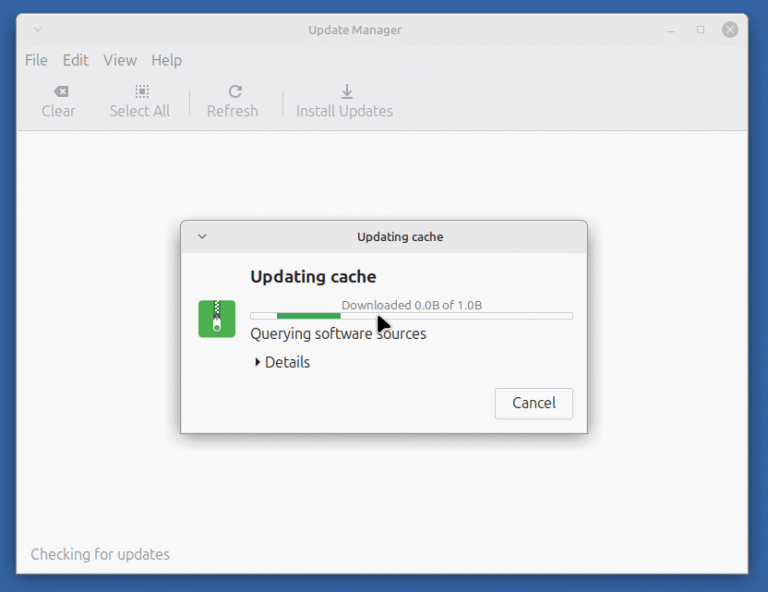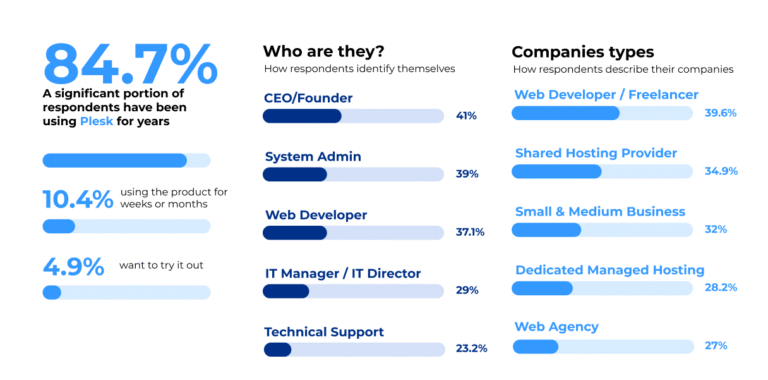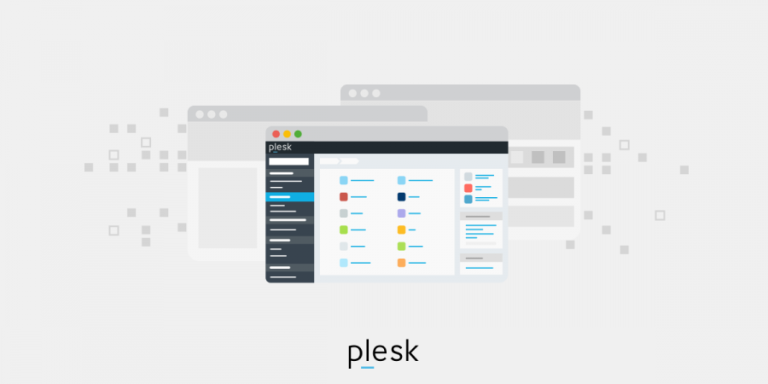While you were searching for a dedicated server, you may have encountered the term unmetered dedicated server and wondered about the difference between a regular dedicated server and an unmetered one. Simply put, a regular (metered) server means your dedicated server has a set amount of bandwidth allocated monthly. This limits the amount of traffic, users, and activity on your site.
If your site exceeds the allocated bandwidth limit, you’ll get charged overage fees. And while most hosting companies offer bandwidth overage, it is typically expensive. So is an unmetered dedicated server the right option for you? Find out now.
What Is an Unmetered Dedicated Server?
An unmetered dedicated server means there is no limitation on bandwidth usage. Without bandwidth limitations, you can focus on increasing traffic to your website instead of worrying about bandwidth overage charges.
In contrast, if your dedicated server has a bandwidth limitation, it could slow the performance of your website and application. The amount of traffic coming to your website will go bottleneck, progressively slowing down your website.
This isn’t good. But with an unmetered dedicated server, a DDoS attack won’t use up all your bandwidth. As a result, your site or application can continue processing traffic. These are just a couple of reasons for using an unmetered dedicated server. Let’s explore more use cases.
Unmetered Dedicated Server Use Cases
There are many cases for using unmetered dedicated servers, such as streaming services for media, video, gaming, live events, etc. Other use cases include hosting files and backing up data. And a top use case for unmetered dedicated servers is popular, high-volume, high-traffic ecommerce websites where thousands of transactions occur daily, thousands of customers are adding items to shopping carts, and more. When you no longer need to worry about bandwidth overages, you can focus on providing services to your customers.
Are Unmetered Dedicated Servers Really Unmetered?
Yes and no. Typically, the limitation could be due to your dedicated server’s network speed. So, if your network speed is 10Gbps, it means that even though your provider is not monitoring your bandwidth, your network can only handle 10Gbps. But even 10Gbps speed is extremely fast and often enough to power high-traffic sites.
Another difference is the incoming transfer (bandwidth) versus the outgoing transfer (bandwidth). The incoming transfer is traffic coming to your website, whereas outgoing transfer is image loading, transactions, file sharing, etc., going to your customers.
Unmetered dedicated server plans often include incoming transfer. And while a generous outbound transfer may also be included, it is often limited to 10TB. That’s still plenty of bandwidth for a popular site. But for extreme sites that need even more outgoing transfer, providers will often charge for additional TBs.

What To Look For
Some hosting companies offer unmetered bandwidth but often limit the number of visitors, or they slow the connection speed on the network. Neither of these scenarios is a good choice for a busy website or application. So, look for a hosting provider that offers at least 10TB of outbound bandwidth bundled with your dedicated server. And for a truly unmetered dedicated server experience, look for a hosting provider that offers unlimited incoming transfer (bandwidth).
When you opt for an unmetered dedicated server, look for information on network speed to see if the provider has set any limitations. Even if you have unmetered bandwidth, your service provider may prevent you from truly using unlimited bandwidth. This is not always the case, especially with well-known, high-quality hosting providers, as they make it easy to understand. Also, it’s usually easy to read the rules and limitations, if any, on their network.
If the provider does have limitations, they are most likely reasonable. This keeps the network healthy and allows your unmetered dedicated server to run at optimum speed and efficiency, giving your customers a better experience with your website or application.
How Much Do Unmetered Dedicated Servers Cost?
Providers offer unmetered dedicated servers at a base cost where you can add additional features or upgrade hardware, storage, drives, type of server chassis, operating system, control panel, security (to prevent DDoS attacks), network (one or more IP addresses depending on need), and bandwidth.
A basic unmetered plan range can start at around $100 and go up to several hundred dollars per month. However, for more serious sites and applications, especially with gaming or streaming services, you may need a fleet of unmetered dedicated servers or, at the very least, a powerful server at the top end of the range, which can often run upwards of $1,000 per month.
Of course, this price can increase depending on add-ons, upgrades, and any customizations needed to run your site or application optimally.
How To Choose an Unmetered Dedicated Server
To help you determine the best unmetered dedicated server for your needs today, consider what you’ll be doing with it. For example, if you’re just starting out, you may want to choose a middle-range dedicated server plan.
One thing to note is you can always upgrade various aspects of your server even after your initial purchase, so starting with a middle-grade plan gives you enough resources for performance with the added benefit of upgrading as needed.
Another option is to start with the most basic and include add-ons and upgrades based on what you expect to need in the coming weeks or months.
And if you’re still unsure which unmetered dedicated server to choose, ask your provider’s sales team what they recommend. Most likely, they will ask you what you plan to use it for. They may also ask for expected traffic depending on your site or application’s intent.
Final Thoughts
If your site consistently exceeds its bandwidth limit, consider an unmetered dedicated server. You won’t have to worry about overage fees with an unmet dedicated server. And while most hosting companies do offer bandwidth overage, it’s typically expensive.
Remember that with an unmetered dedicated server, you’ll want to choose a reputable provider with a good track record. You should also expect to pay more for an unmetered dedicated server than you would for a traditional server. But if your site is high traffic and constantly surpasses its allocated bandwidth, an unmetered dedicated server might be the right choice.
Liquid Web may also give you more insight into specific upgrades and hardware that fit your specific needs. And they will provide you with more details on your unmetered dedicated server’s incoming and outgoing data transfer should you still have questions.
Or please feel free to contact Liquid Web, and one of our team members would be happy to assist you in finding the right solution for your needs – there’s a reason we’re known as The Most Helpful Humans In Hosting®.





